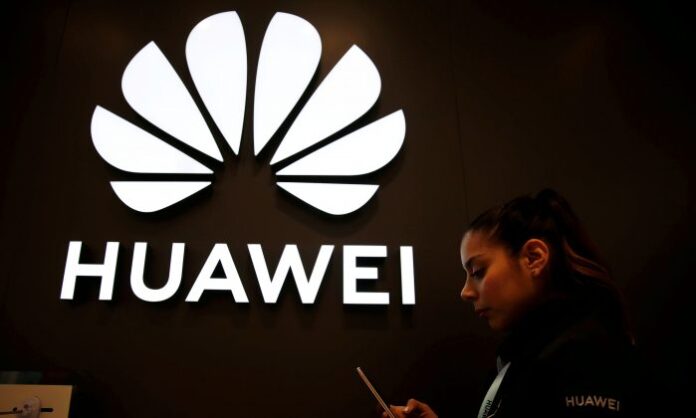NEW DELHI: China has told India not to block its Huawei Technologies from doing business in the country, warning there could be consequences for Indian firms operating in China, sources with knowledge of the matter said.
India is due to hold trials for installing a next-generation 5G cellular network in the next few months but has not yet taken a call on whether it would invite the Chinese telecoms equipment maker to take part, telecoms minister Ravi Shankar Prasad has said.
Huawei, the world’s biggest maker of such gear, is at the centre of a geopolitical tug-of-war between China and the United States. US President Donald Trump’s administration put the company on a blacklist in May, citing national security concerns. It has asked its allies not to use Huawei equipment, which it says China could exploit for spying.
Two sources privy to internal discussions in New Delhi said India’s ambassador in Beijing, Vikram Misri, was called to the Chinese foreign ministry on July 10 to hear China’s concerns about the US campaign to keep Huawei out of 5G mobile infrastructure worldwide.
During the meeting, Chinese officials said there could be “reverse sanctions” on Indian firms engaged in business in China should India block Huawei because of pressure from Washington, one of the sources said, citing a readout of the ambassador’s meeting.
In response to Reuters’ questions, China’s foreign ministry said Beijing hoped India would make an independent decision on 5G bidders.
“Huawei has carried out operations in India for a long time, and has made contributions to the development of Indian society and the economy that is clear to all,” spokeswoman Hua Chunying said in a statement.
“On the issue of Chinese enterprises participating in the construction of India’s 5G, we hope the Indian side makes an independent and objective decision, and provides a fair, just and non-discriminatory commercial environment for Chinese enterprises’ investment and operations, to realize mutual benefit.”
The Indian foreign ministry did not respond to a request for comment.




